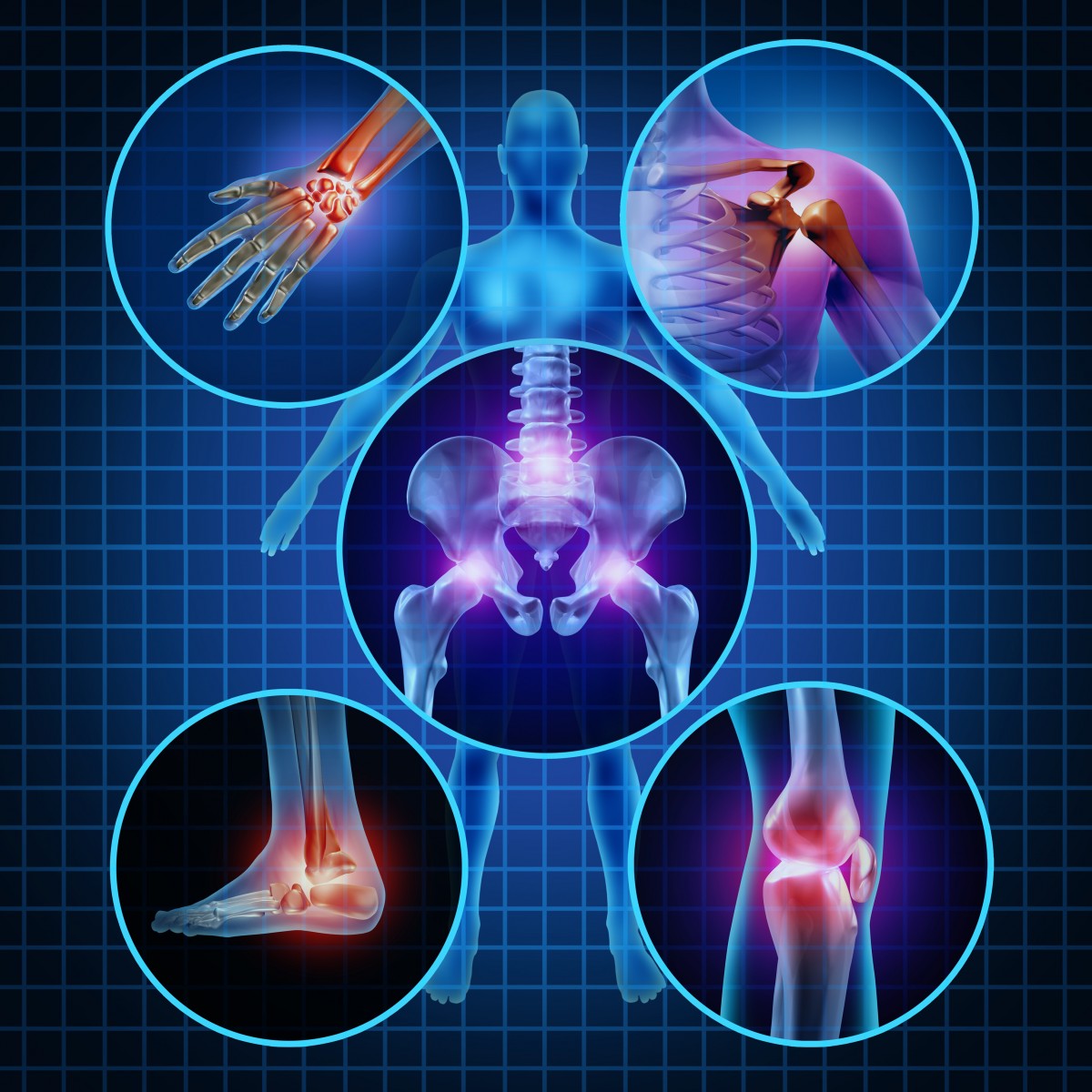 A team led by researchers at the Leiden University Medical Center in The Netherlands recently revealed the possibility of remission in patients with undifferentiated arthritis or early rheumatoid arthritis (RA). The study was published in the journal Rheumatology and is entitled “Determinants of reaching drug-free remission in patients with early rheumatoid or undifferentiated arthritis after one year of remission-steered treatment.”
A team led by researchers at the Leiden University Medical Center in The Netherlands recently revealed the possibility of remission in patients with undifferentiated arthritis or early rheumatoid arthritis (RA). The study was published in the journal Rheumatology and is entitled “Determinants of reaching drug-free remission in patients with early rheumatoid or undifferentiated arthritis after one year of remission-steered treatment.”
RA is an autoimmune disease that leads to chronic inflammation of the joints and other parts of the body due to an overreaction of the body’s own immune system, resulting in the attack of healthy tissues. In the United States, it is estimated that about 1.5 million people suffer from this disease, with women having a significantly higher susceptibility. The causes underlying autoimmune diseases are poorly understood. One of the goals of RA treatment is complete remission of the disease.
The researchers hypothesized that the baseline features of patients with undifferentiated arthritis or early RA can influence the patient’s likelihood of achieving drug free remission after 1 year (DFR1 year) of therapy.
To study this hypothesis, the team selected patients who had enrolled in the IMPROVED study (a therapeutic trial for RA), who have achieved remission after four months (considered early remission) and were able to attain DFR1 year, accounting for 375 patients in total. In accordance with the IMPROVED study, these patients were initially given methotrexate (MTX) and a high dose of prednisone medications; patients who experienced remission had a reduction in medication, which was discontinued in case the remission state was maintained. The characteristics of the patients who reached DFR1 year and those who did not were compared.
Researchers found that the presence of rheumatoid factor (RF; autoantibody that contributes to the disease) and a low tender joint count were linked to a higher probability of obtaining DFR1 year, while the presence of anti-citrullinated protein antibodies (autoantibodies that contribute to RA disorder) was not associated with the likelihood of achieving remission. 65% of the patients sustained the DFR1 year for 4 months, with ACPA-positive patients failing more frequently in sustaining DFR than ACPA-negative patients. After one year of treatment, 119 out of the 357 patients were in DFR.
The team concluded that after one year of treatment aiming at remission, 32% of the RA patients who succeeded in attaining early remission after four months could discontinue medication and achieve DFR. No patient baseline features were independently associated with reaching DFR1 year, although in patients positive for ACPA, the DFR was maintained less often.


